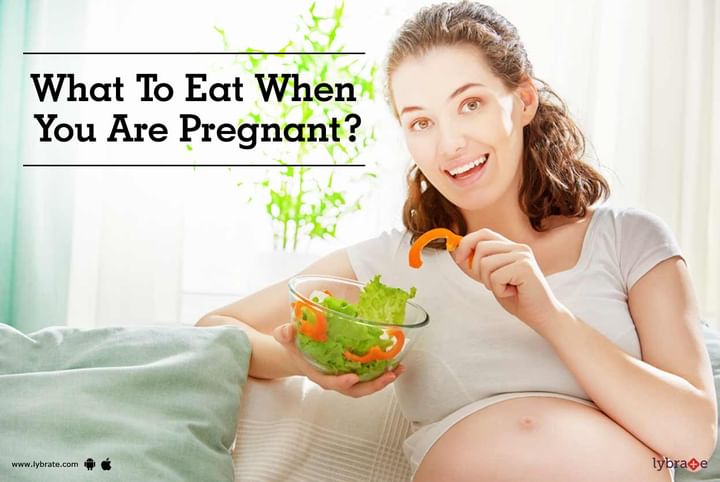What To Eat When You Are Pregnant?
When you are pregnant, what you eat and drink affects not only you but your baby as well. An old wives tale suggests eating for two at this time. However, simply eating double your normal amount of food will not help. Instead, this will make you put on extra weight. Instead, you should focus on eating more nutritious food. Here are a few diet tips for you and the minerals your body needs most at this time.
Iron
Pregnant women need twice as much iron as compared to women who are not expecting. This amounts to 27grams a day. An iron deficiency will result in anemia, fatigue and make you more susceptible to infections. Iron is also necessary to supply the baby with oxygen. Iron-fortified cereals, peas, dried beans, poultry, meat, and fish are rich sources of iron. For better absorption, it is also advisable to consume vitamin C alongside the iron. The easiest way to do this is by drinking a glass of orange juice along with your meals.
Folic Acid
This is also known as folate. It is crucial to prevent birth defects in the baby’s spine and brain. Some foods that are rich in this mineral include enriched cereals, pasta, and bread. However, it may be difficult to consume the required amount of folic acid through food alone. The ideal amount of folic acid a pregnant woman should consume is around 600 micrograms a day. Hence, folic acid supplements are usually prescribed to pregnant women and should be taken regularly.
Calcium
Calcium helps build bones and teeth. If you do not consume enough calcium when pregnant, the body will start to use the calcium stored in your bones to build the baby’s bones. A pregnant woman needs over 1000 milligrams of calcium per day. Consuming milk, yogurt, calcium-fortified juices, cheeses, salmon, sardines and leafy vegetables like bok choy and kale can help your body get the required amount of calcium.
Proteins
Proteins are essential to build the muscles and organs of a baby’s body. Fish, poultry, eggs, nuts, tofu, peas and dried beans are rich sources of protein. When eating protein-rich foods it is essential to drink plenty of water to aid in its digestion.
To maximize nutrition, you must focus on fruits, vegetables, whole grains, dairy and lean proteins. You could also supplement this with prenatal vitamins. Caffeine should be limited to 200mg a day. Other foods such as unpasteurized foods like raw milk, certain types of cheese and store-bought deli salads, raw meat, raw eggs, fish with high levels of mercury such as swordfish and king mackerel should be avoided completely. In case you have a concern or query you can always consult an expert & get answers to your questions!



+1.svg)
